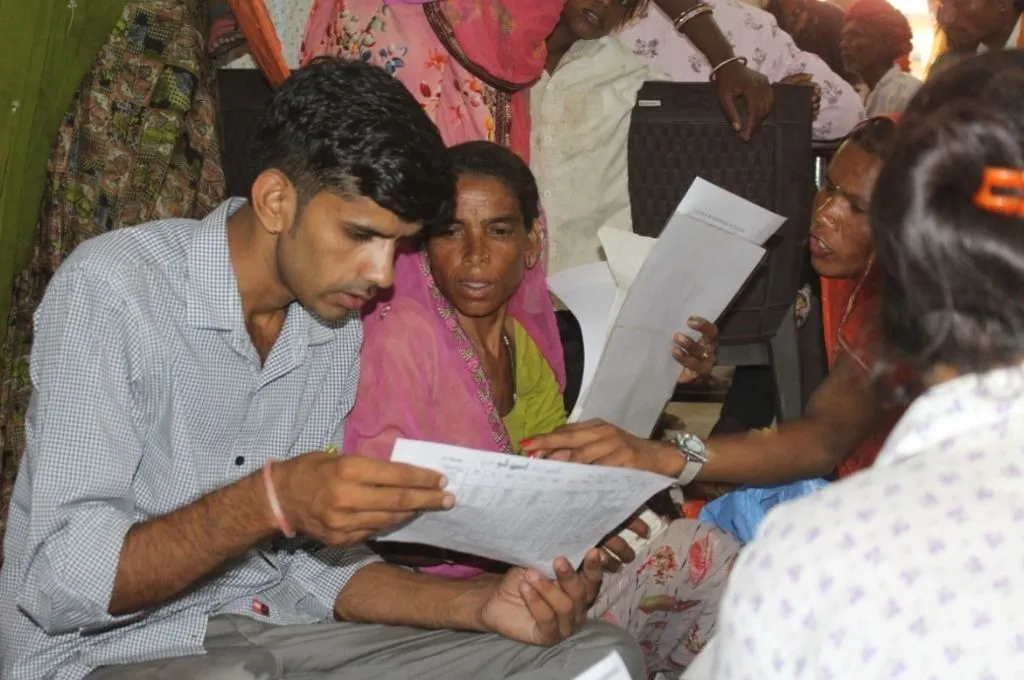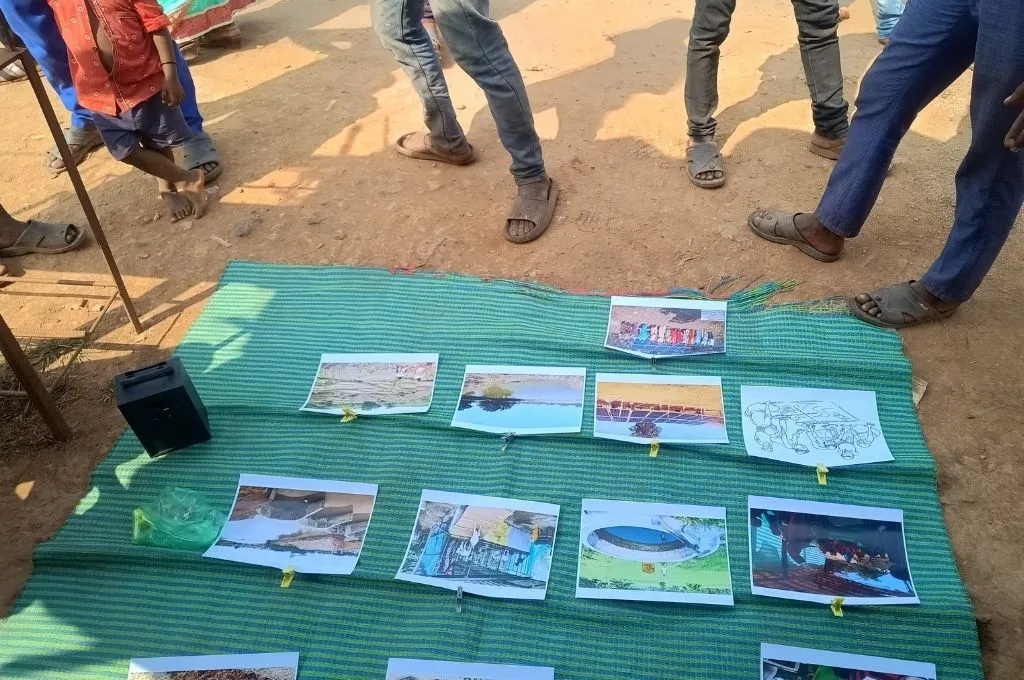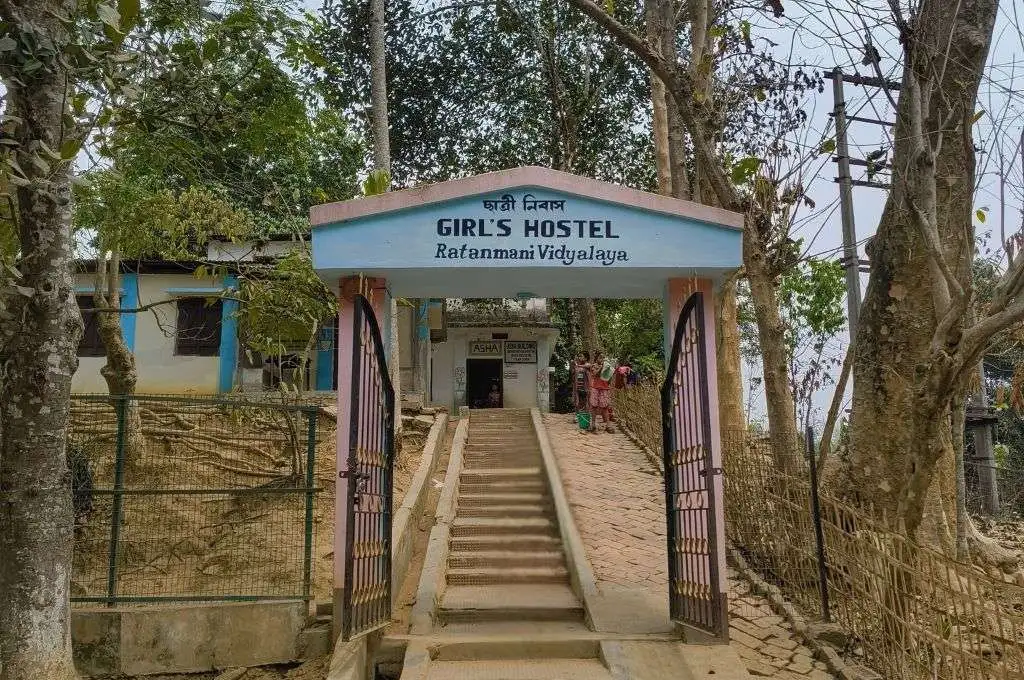No country for pastoralists
In India, it is estimated that there are 13 million pastoralists, making up one percent of the total population. Amongst the many pastoral communities in the country, the predominantly Muslim Gujjars and Bakarwals form a large majority in the Kashmir valley. Historically, they used to practice transhumance ie, the seasonal movement of livestock. However, recently some have taken to sedentary livestock rearing and agriculture because of shrinking rangelands and increasing hardships that migration entails.
In early November 2020, the Jammu and Kashmir administration undertook a demolition drive that targeted the homes and temporary seasonal hutments of these nomadic communities. The Forest department has defended its anti-encroachment drive as a routine affair. However, Guftar Ahmed, Spokesperson of Jammu and Kashmir Gujjar and Bakarwal Youth Welfare Conference says, “Since the abrogation of Article 370 the government has made no effort to give clarity on the implementation of the Forest Rights Act, 2006 in the region. The legislation protects pastoral communities against forced displacements. The Gujjar and Bakarwal communities have inhabited the region for centuries. These measures are clearly being put in place to alter the demography of the Muslim-majority region and drive our people out of Kashmir.”
Imroz Ali, a 55-year-old pastoralist belonging to the Gujjar community says, “I do not understand how we can be removed from our lands. There have been so many discussions around how the government would safeguard our rights. But you tell me, do you see that happening here?”
Earlier, the Jammu and Kashmir Agrarian Reforms Act, 1976 was in place to decide matters on land rights. With the abrogation of Article 370, the Forest Rights Act, 2006—which was put in place to safeguard the rights of traditional forest-dwelling communities to access and manage forestlands across India—should have been implemented in the state as well. However, its validity and on-ground implementation remain unclear and contested.
Ali adds, “We pastoralists believe that our homes are not permanent but it does not mean that the roof above our heads is snatched away in this cold winter.”
Aastha Maggu works at the Desert Resource Centre in Bikaner district, Rajasthan. The views and opinions expressed in this article are personal.
—
Know more: Read more about forced displacements of indigenous communities and it’s links with exploitation and poor health.
Do more: Connect with the author at @sthamaggu to understand more about and support her work.



